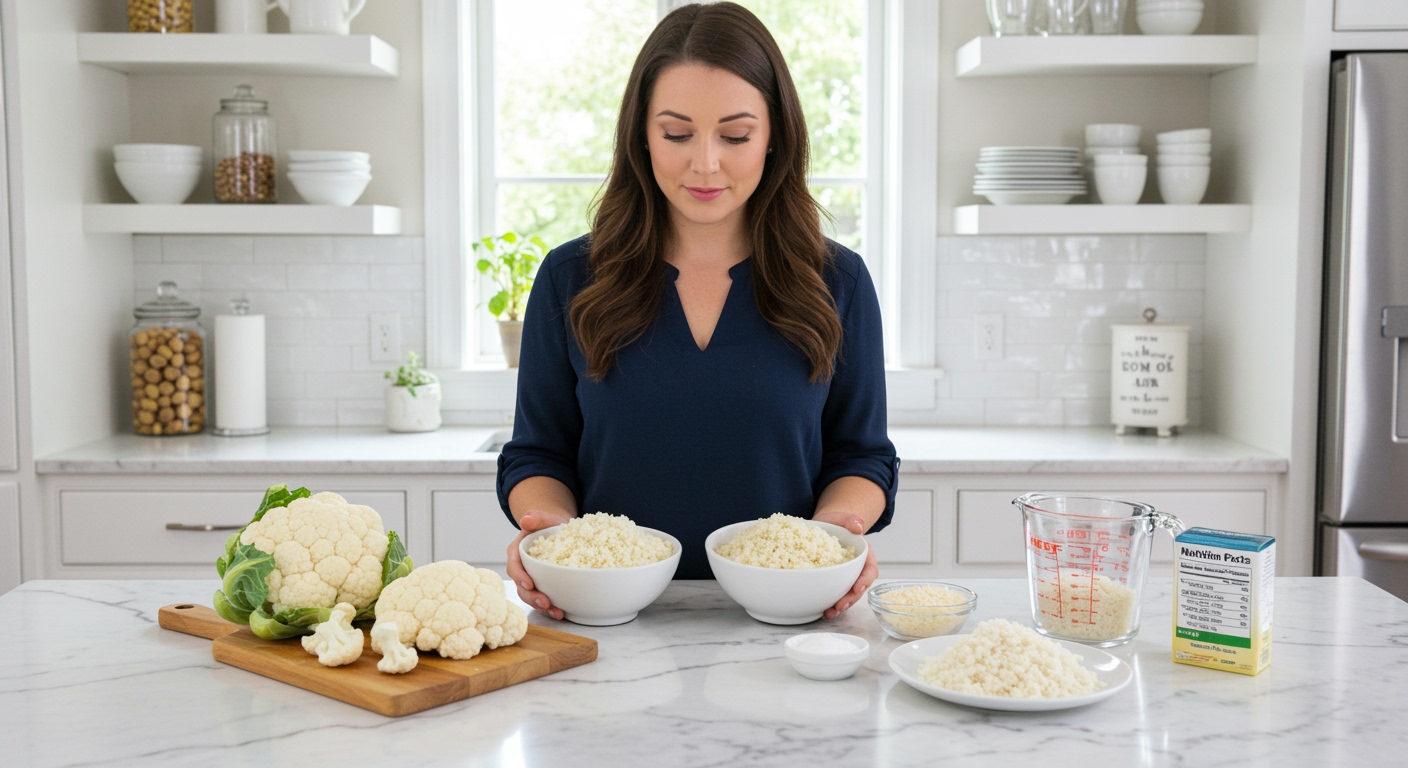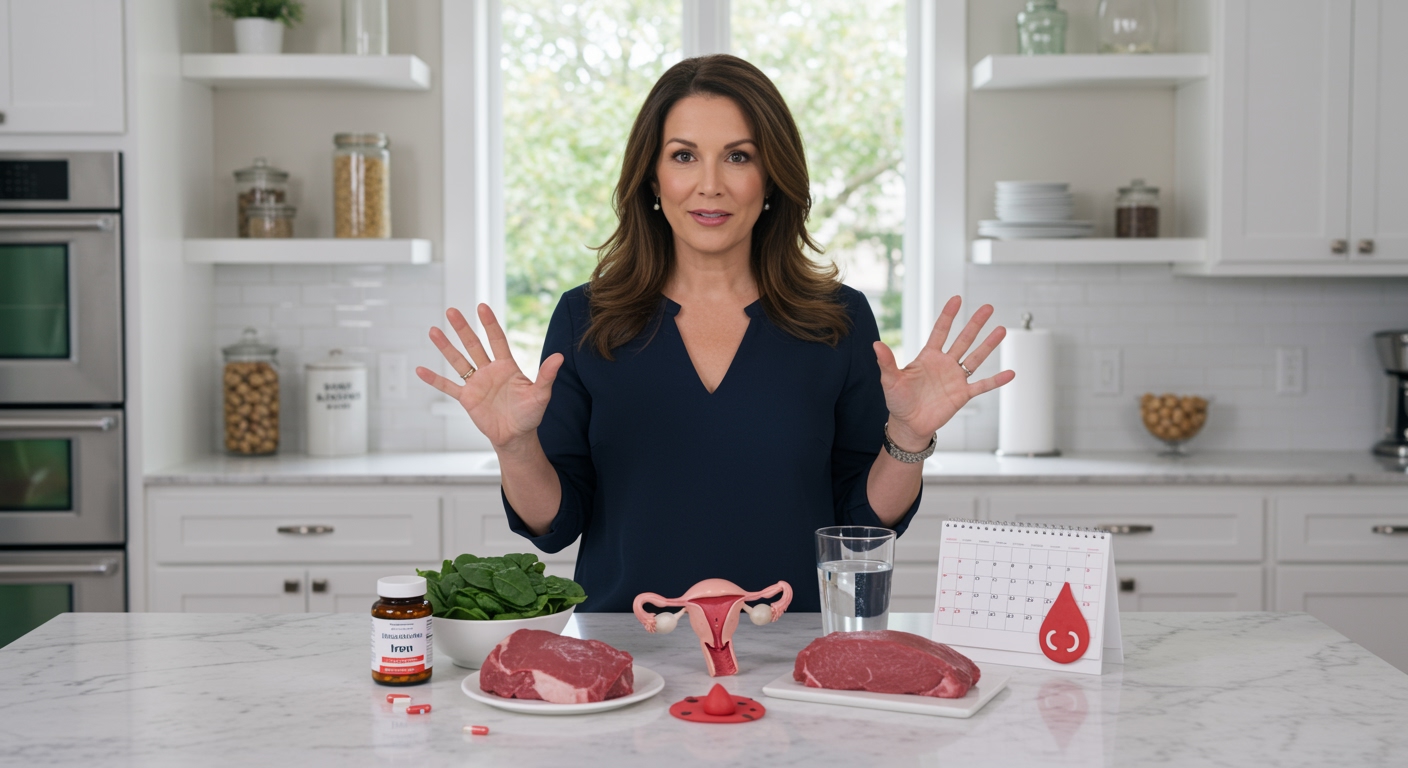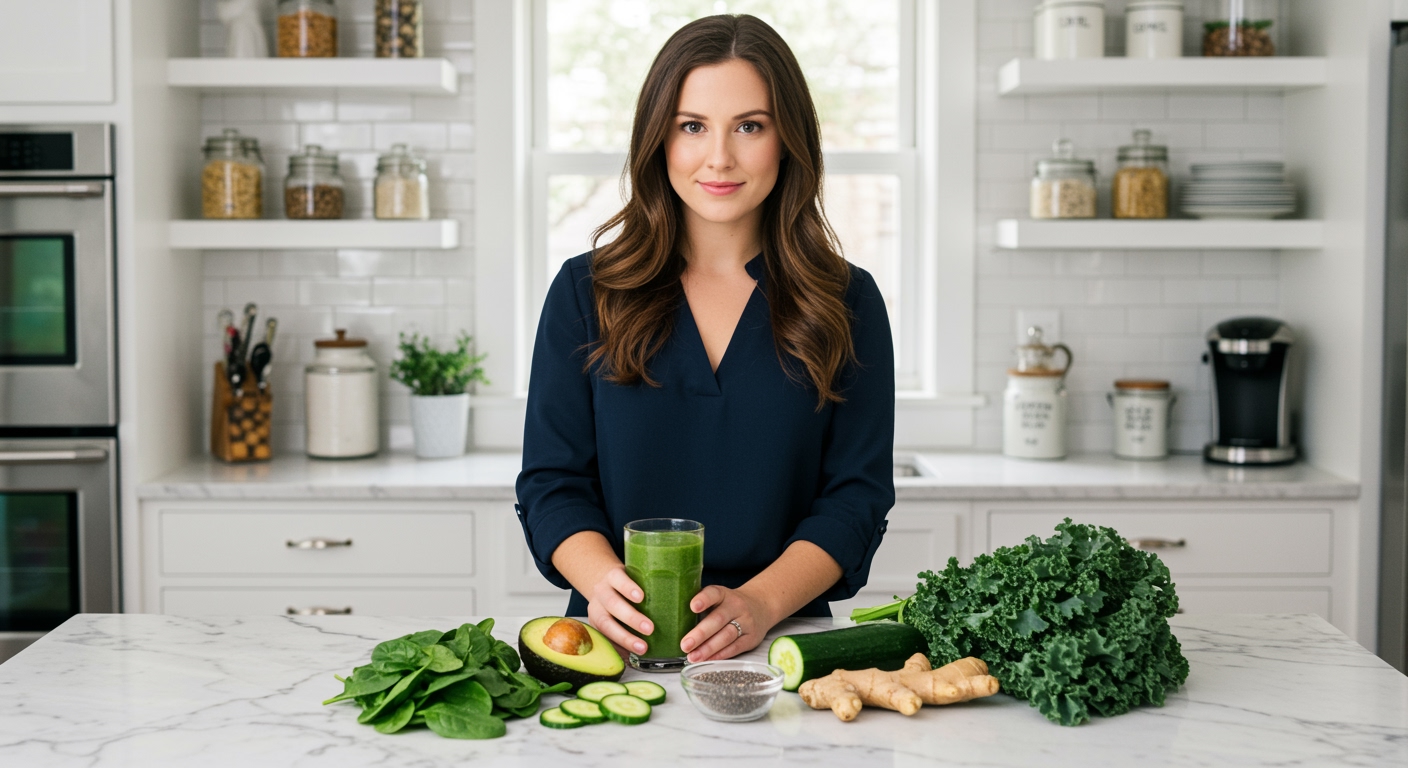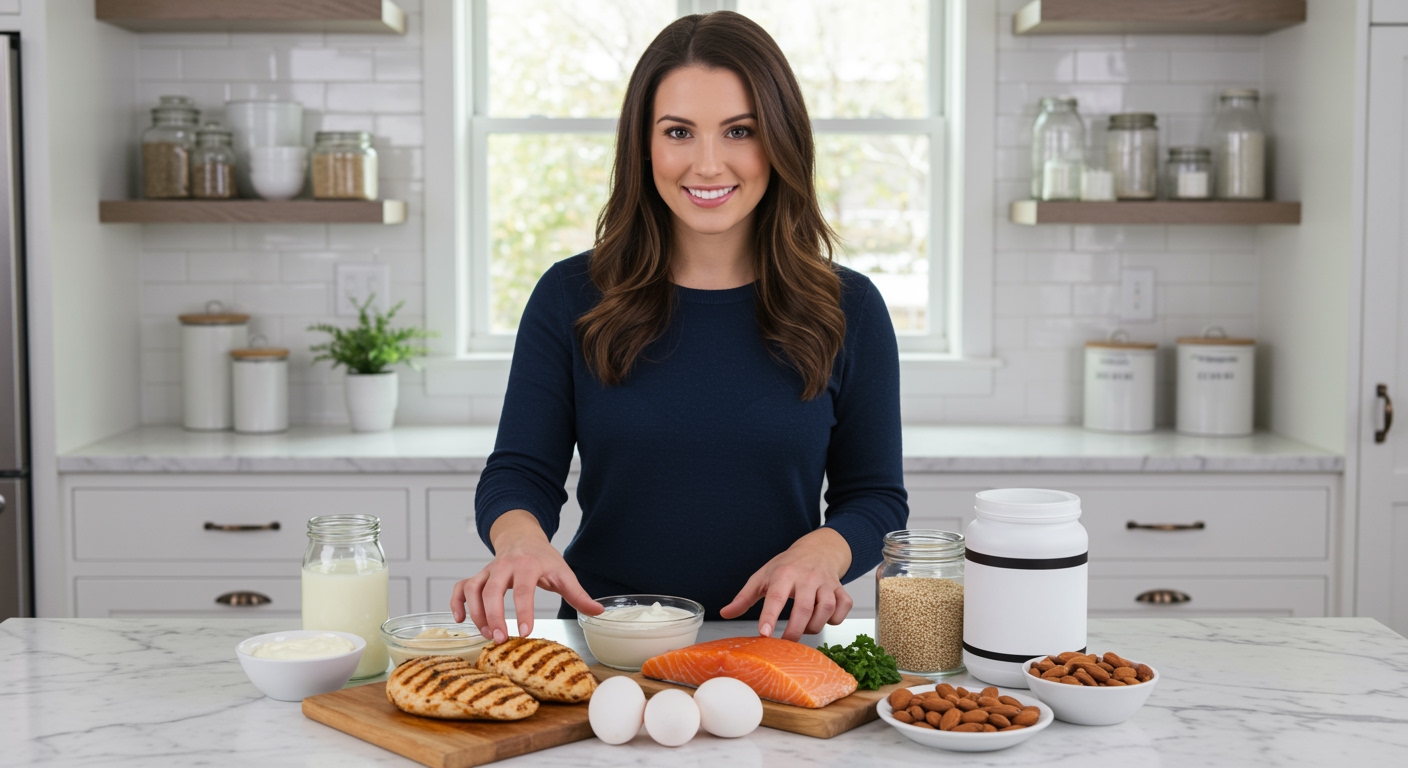✪ Key Takeaway: PCOS women do not need to avoid all nightshade vegetables unless they have specific sensitivities or autoimmune conditions.
Introduction
You scroll through PCOS forums and see the same advice everywhere: cut out nightshades completely.
This blanket recommendation leaves many women confused about whether their favorite tomatoes, peppers, and potatoes are secretly sabotaging their health.
Hi, I’m Abdur, your nutrition coach and today I’m going to explain the real relationship between nightshade vegetables and PCOS so you can make informed decisions about your diet.
What Are Nightshade Vegetables and Why the Controversy?
Nightshade vegetables belong to the Solanaceae family and include tomatoes, peppers, eggplants, potatoes, and spices like paprika.
These plants naturally contain compounds called alkaloids, including solanine and capsaicin, which serve as the plant’s defense mechanism against insects and animals.
The controversy stems from claims that these alkaloids can trigger inflammation and worsen autoimmune conditions in sensitive individuals.
Some practitioners suggest that nightshades increase intestinal permeability, commonly known as leaky gut, which may contribute to systemic inflammation.
However, the scientific evidence supporting widespread nightshade avoidance for PCOS women remains limited and largely anecdotal.
✪ Fact: Most people can safely consume nightshades without any inflammatory response or digestive issues.
Do Nightshades Actually Cause Inflammation in PCOS?
The connection between nightshades and inflammation in PCOS women lacks robust scientific evidence from controlled studies.
Most research on nightshade-induced inflammation focuses on people with existing autoimmune conditions like rheumatoid arthritis or inflammatory bowel disease.
PCOS itself involves chronic low-grade inflammation, but this stems primarily from insulin resistance and hormonal imbalances rather than dietary alkaloids.
The inflammatory markers in PCOS women typically improve with weight management, blood sugar control, and overall dietary quality improvements.
Eliminating nutrient-dense nightshades may actually reduce your intake of important compounds like lycopene from tomatoes and vitamin C from peppers.
Individual responses vary significantly, and some women may experience symptom relief from avoiding nightshades due to personal sensitivities rather than PCOS-specific mechanisms.
✪ Pro Tip: Track your symptoms for 2-3 weeks while eating nightshades normally to establish your baseline before making any eliminations.
Which PCOS Women Should Consider Avoiding Nightshades?
Women with PCOS who also have autoimmune conditions like Hashimoto’s thyroiditis or rheumatoid arthritis may benefit from nightshade elimination.
Those following specific therapeutic protocols like the Autoimmune Protocol (AIP) temporarily eliminate nightshades as part of a systematic approach to identify triggers.
If you experience consistent digestive symptoms like bloating, gas, or stomach pain after eating tomatoes or peppers, you might have a personal sensitivity.
Women with severe joint pain or inflammatory symptoms that worsen after nightshade consumption should consider a trial elimination period.
However, the majority of PCOS women without these specific conditions can safely include nightshades in their balanced diet.
Focus your energy on proven PCOS management strategies like maintaining stable blood sugar and reducing processed food intake instead.
✪ Note: Work with a qualified healthcare provider before eliminating entire food groups, especially if you have multiple health conditions.
How to Test Your Personal Response to Nightshades?
Start by keeping a detailed food and symptom diary for at least two weeks while eating your normal diet including nightshades.
Record everything you eat along with any symptoms like joint pain, digestive issues, skin problems, or energy changes throughout each day.
If you suspect nightshades are problematic, eliminate them completely for 3-4 weeks while maintaining the same overall diet quality and meal timing.
During elimination, avoid all tomatoes, peppers, eggplants, potatoes, and nightshade spices like paprika and chili powder.
After the elimination period, reintroduce one nightshade vegetable at a time, eating a normal serving for 2-3 consecutive days.
Monitor your symptoms carefully during reintroduction, as reactions can occur anywhere from immediately to 72 hours after consumption.
If you experience no negative symptoms during reintroduction, you can safely continue eating nightshades as part of your PCOS-friendly diet.
✪ Pro Tip: Start reintroduction with the mildest nightshade like bell peppers before testing stronger ones like hot peppers or tomatoes.
What Should You Focus on Instead for PCOS Management?
Rather than worrying about nightshades, prioritize proven PCOS management strategies that have substantial research support.
Focus on maintaining stable blood sugar levels through balanced meals that combine protein, healthy fats, and fiber-rich carbohydrates.
Reduce your intake of processed foods, added sugars, and refined carbohydrates which directly contribute to insulin resistance and inflammation.
Include anti-inflammatory foods like fatty fish, leafy greens, berries, and nuts which provide documented benefits for PCOS symptoms.
Maintain a consistent eating schedule and avoid long periods without food to prevent blood sugar spikes and hormonal fluctuations.
If nightshades like tomatoes and peppers provide nutrients you enjoy and cause no symptoms, there is no compelling reason to eliminate them.
✪ Fact: Tomatoes provide lycopene and bell peppers offer vitamin C, both powerful antioxidants that may actually help reduce PCOS-related inflammation.
The Bottom Line
Most PCOS women do not need to avoid nightshade vegetables unless they have specific autoimmune conditions or documented personal sensitivities.
Your individual response matters more than blanket dietary rules, and focusing on proven PCOS management strategies will serve you better than eliminating nutritious foods without clear evidence.
I would love to hear about your experience with nightshades and PCOS management, so please share your questions or thoughts in the comments below.
References
At NutritionCrown, we use quality and credible sources to ensure our content is accurate and trustworthy. Below are the sources referenced in creating this article:
- PCOS Meal Planner: Nightshade PCOS Friend or Foe
- Eat Right PA: Nightshade Vegetables Inflammation
- PCOS Diva: Nightshades Inflammation PCOS
- Healthline: Nightshade Vegetables





